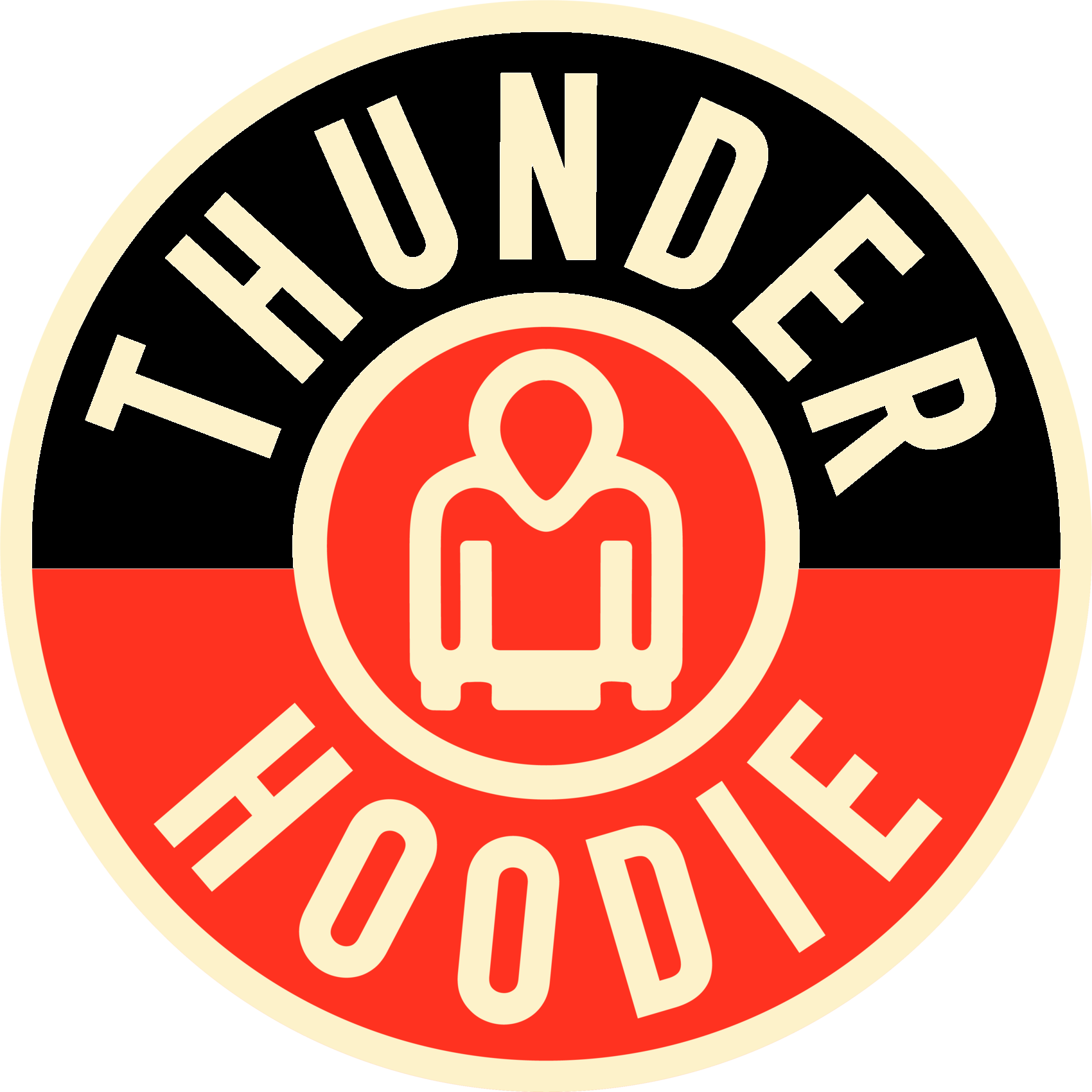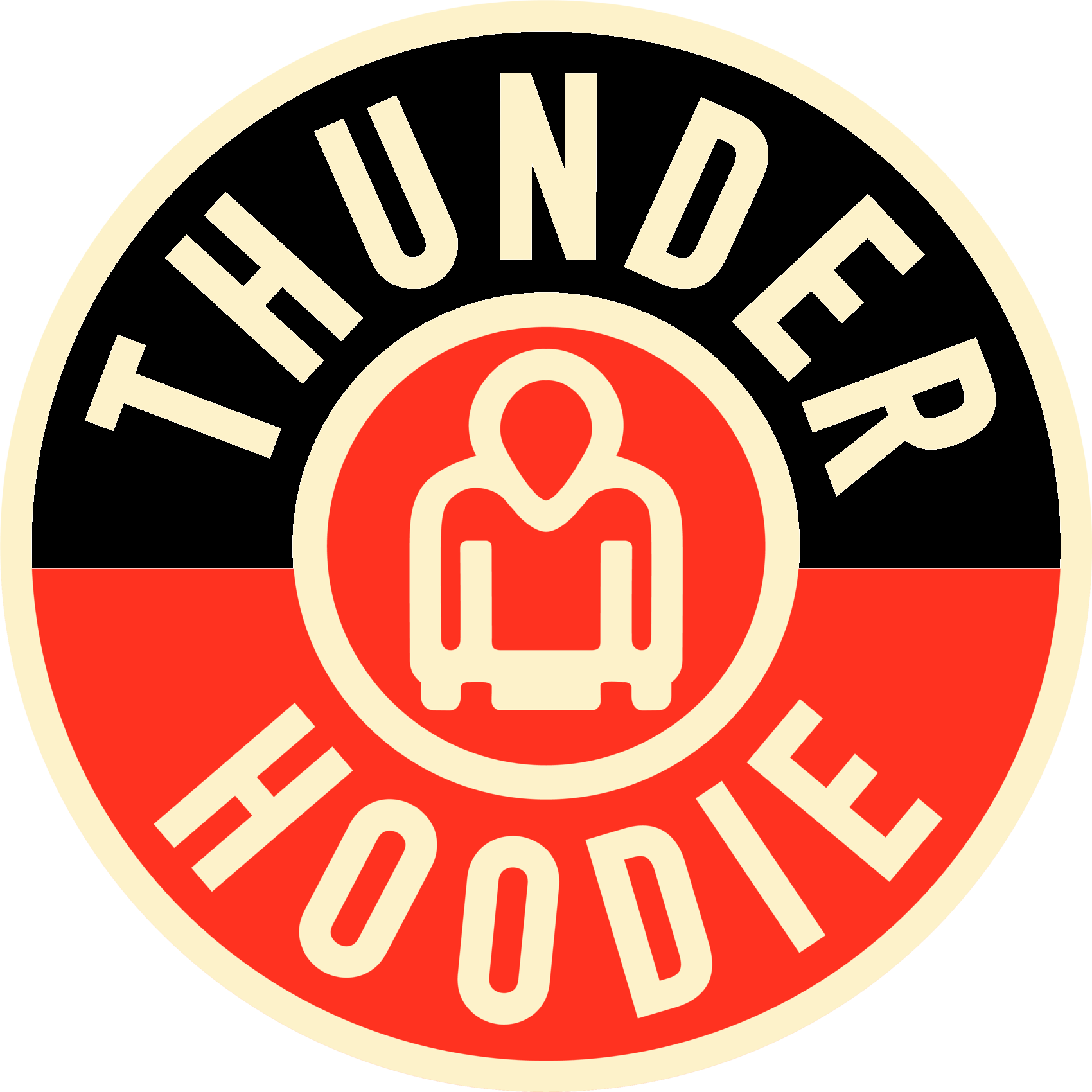Canned Wine Market Set to Experience Significant Growth Through 2035
The global Canned Wine market is witnessing remarkable growth, driven by shifting consumer preferences toward convenient, single-serve alcoholic beverages. Rising demand for on-the-go wine, coupled with increased acceptance of alternative packaging formats, has positioned canned wine as a key segment within the alcoholic beverage industry. Market players are leveraging innovation, sustainability initiatives, and targeted marketing strategies to capitalize on this evolving trend.
Market Overview
As of 2025, the Canned Wine market is valued at USD 1.6 billion and is projected to reach USD 3.2 billion by 2035, registering a compound annual growth rate (CAGR) of 7.1% during the forecast period. Increasing urbanization, growing millennial and Gen Z consumer bases, and expanding outdoor leisure activities are fueling the adoption of canned wine worldwide.
Get Sample Report of Canned Wine Market @ https://marketintelo.com/request-sample/41131
Key Drivers and Trends
Convenience and portability are the primary drivers of canned wine market growth. Consumers are seeking easy-to-carry, single-serve options suitable for outdoor events, travel, and casual consumption. Sustainability is also playing a critical role, as cans are lighter, recyclable, and have a lower carbon footprint compared to traditional glass bottles.
Innovation in flavors and wine varieties, including rosé, sparkling, white, and red options, is attracting new consumers and expanding the market. Additionally, creative marketing campaigns, collaborations with lifestyle brands, and social media promotions are enhancing product visibility and influencing purchasing behavior.
Get Sample Report of Canned Wine Market @ https://marketintelo.com/request-sample/41131
Market Segmentation
By Type
The market is segmented into sparkling, still, and fortified wines. Sparkling canned wine dominates due to its popularity in social gatherings, celebrations, and outdoor events. Still wines are gaining traction for casual consumption, while fortified varieties cater to niche segments seeking premium options.
By Packaging
Packaging formats include 250 ml, 375 ml, and 500 ml cans. The 250 ml single-serve cans hold a major share, offering convenience and portion control. Multi-pack offerings are also expanding, driven by e-commerce and retail demand for value-added options.
By Distribution Channel
Canned wine is distributed through supermarkets/hypermarkets, liquor stores, online platforms, and on-premise venues such as restaurants and bars. Supermarkets and online channels dominate due to wide reach and growing consumer preference for home delivery and bulk purchases.
Regional Insights
North America leads the global canned wine market, with the U.S. being the largest contributor. The market is driven by increasing consumer acceptance of ready-to-drink alcoholic beverages and a strong presence of key market players. Canada and Mexico are also witnessing steady growth due to rising disposable incomes and expanding retail networks.
Europe holds significant market share, with the U.K., Germany, France, and Spain driving consumption. The region benefits from established wine culture and increasing adoption of innovative packaging formats.
Asia-Pacific is emerging as a high-growth region, driven by urbanization, rising disposable incomes, and the influence of Western drinking trends. Australia, Japan, and China are leading the market, supported by growing tourism, outdoor leisure activities, and lifestyle-oriented consumption patterns.
Read Full Research Study: https://marketintelo.com/report/canned-wine-market
Competitive Landscape
The canned wine market is highly competitive, with key players focusing on product innovation, marketing strategies, and geographic expansion. Leading companies include The Wine Group, Constellation Brands, Treasury Wine Estates, Ball Corporation, and Anheuser-Busch InBev.
Collaborations with local wineries, introduction of limited-edition flavors, and sustainability-focused initiatives are strengthening brand positioning. Additionally, mergers, acquisitions, and partnerships with distribution networks are enhancing operational efficiency and market reach globally.
Market Challenges
Despite growth opportunities, the market faces challenges such as regulatory restrictions on alcohol packaging, consumer perception barriers regarding canned wine quality, and intense competition from traditional bottled wines and other ready-to-drink alcoholic beverages. Companies are addressing these challenges through consumer education, premium product offerings, and innovative marketing campaigns.
Future Outlook
The canned wine market is poised for strong growth over the next decade, supported by increasing consumer demand for convenience, sustainability, and innovative wine experiences. Expansion into emerging markets, coupled with continuous product diversification and brand differentiation strategies, is expected to drive market development.
Related Report
- Art
- Causes
- Crafts
- Dance
- Drinks
- Film
- Fitness
- Food
- Giochi
- Gardening
- Health
- Home
- Literature
- Music
- Networking
- Altre informazioni
- Party
- Religion
- Shopping
- Sports
- Theater
- Wellness


